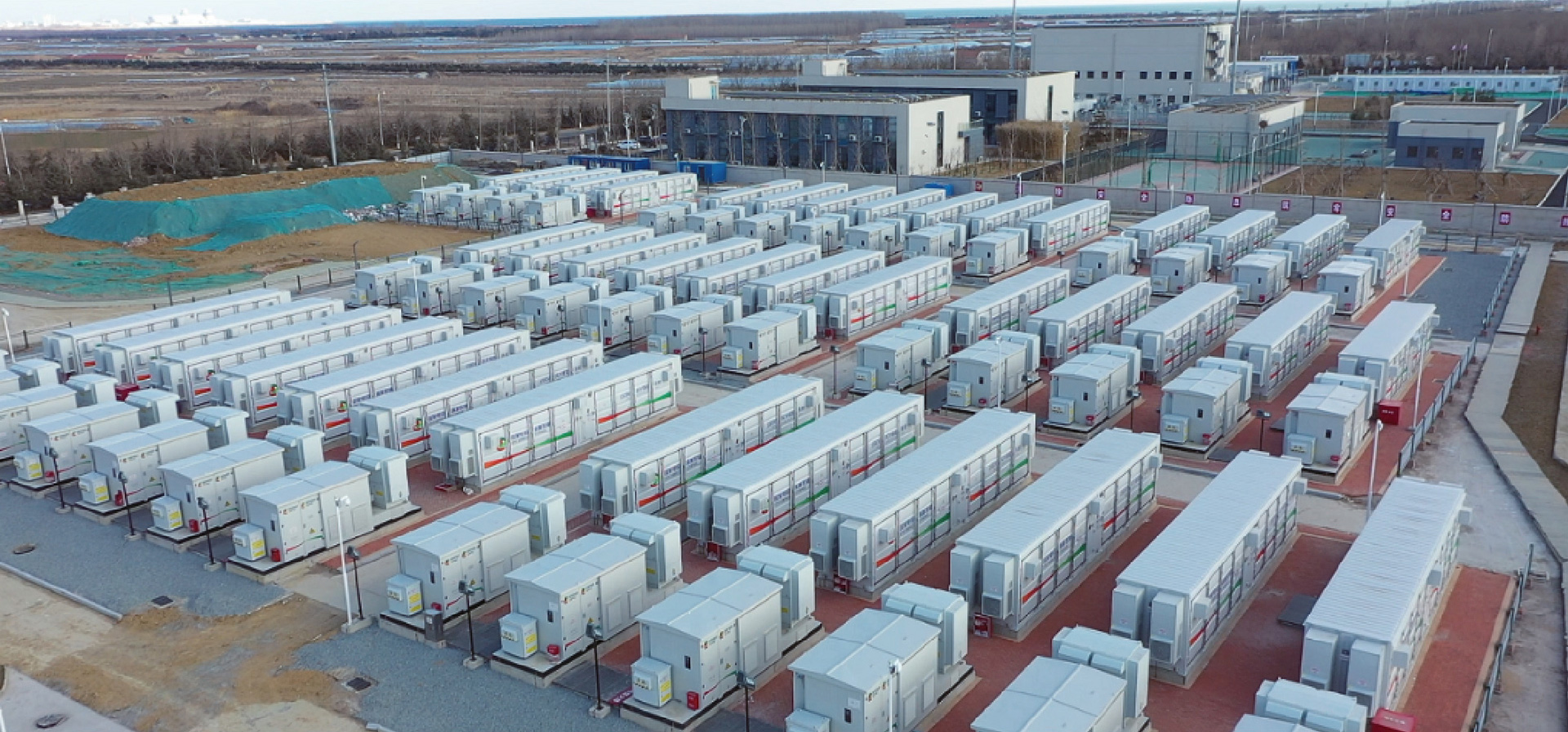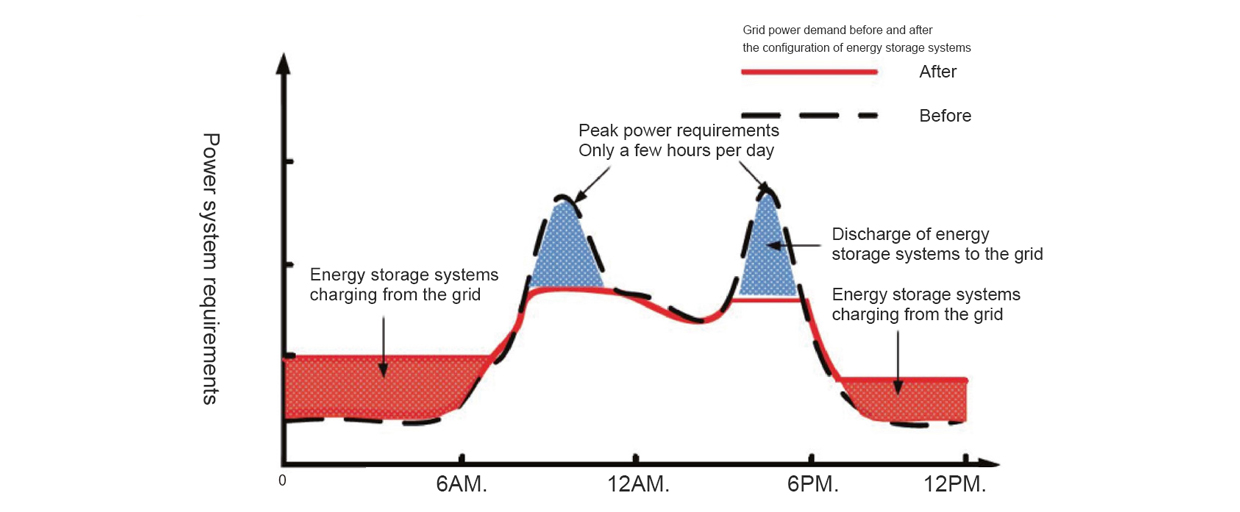
 The significance of energy storage system (user side) construction Peak valley price difference The significance of energy storage system (user side) construction Peak valley price differenceAt present, the source of profit for most enterprises is the peak-valley price difference, which relies on the difference of electricity prices during the peak and valley period to obtain income. Improve power system stability and power absorption integrity With the increase of installed capacity of wind and photovoltaic power generation projects and the instability of its power generation, the phenomenon of "wind abandonment" and "light abandonment" is becoming more and more serious. The construction of energy storage power stations can effectively improve the utilization efficiency of new energy power generation. Dynamic capacity increase The rated capacity of the transformer is fixed, when the power user increases the industrial scale in the later period, resulting in the full operation of the transformer, it is necessary to increase the capacity, and the installation of energy storage can achieve dynamic capacity increase. Demand response The behavior of the user to change the load curve according to the signal sent by the grid. China's power load curve has a very obvious peak, the implementation of demand side response can effectively improve this phenomenon. After the user's energy storage facilities participate in the demand response, the power grid will give a certain compensation cost, or rely on the peak-valley price difference to obtain benefits. |

| Peak-valley arbitrage | Shared lease | Accessibility fee |
| That is, the energy storage function of energy storage is used to store the electricity at the trough and release it at the peak, and the income is obtained through the peak-valley price difference. In order to increase revenue, sometimes it will be discharged during the normal charging peak period, so as to obtain the peak parity difference income. | Shared energy storage is a commercial operation mode in which the third party or manufacturer is responsible for investment, operation and maintenance, and leases the power and capacity of the energy storage system to the target users in the form of commodities as the lessor, and collects rent from the lessee under the principle of "who benefits, who pays". Users can enjoy the power of energy storage charging and discharging within the service time limit to meet their own energy supply needs, without independent construction of energy storage power stations, greatly reducing the original capital investment, and fully considering the cost and reasonable benefits of energy storage construction. |
Peaking service:The peak load service income of the energy storage system is its response to the power grid command, discharge when the peak load is used, and charge when the power is surplus. Besides peak-valley price difference, the direct benefit of peak-valley service also includes compensation for auxiliary service. Frequency modulation service:The frequency modulation service income of energy storage system mainly comes from the compensation cost of the power grid for its participation in frequency modulation. |

| Working condition | Constant power discharge (DC side) saves electricity in the first year(million KWh/year) | The cost savings are calculated by the electricity price of sharp valley(million/year) | The cost savings are calculated by the difference between peak and valley electricity prices(million/year) | |||
| Province and city | 4h | 8h | 4h | 8h | 4h | 8h |
| Guangdong | 32 | 35 | 43 | 47 | 33 | 36 |
| Hubei | 32 | 35 | 25 | 27 | ||
| Hunan | 32 | 35 | 32 | 35 | ||
| Zhejiang | 34 | 37 | 31 | 34 | ||
| Chongqing | 31 | 34 | 31 | 34 | ||
| Shandong | 30 | 33 | 25 | 27 | ||